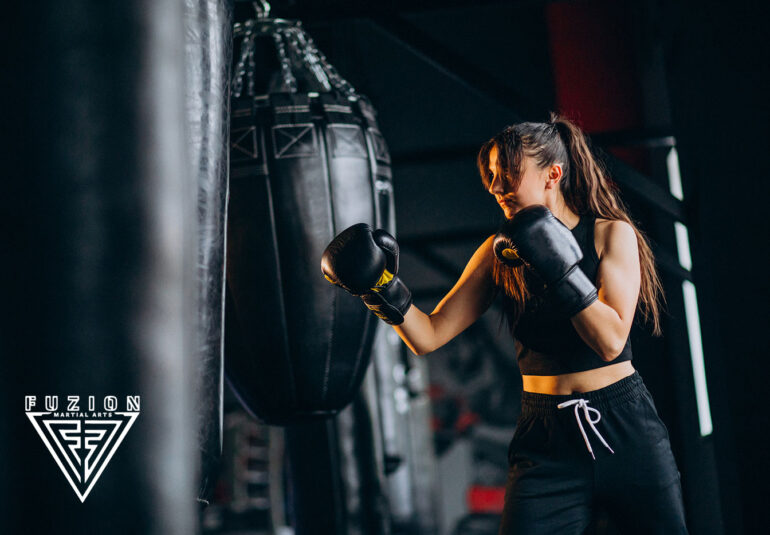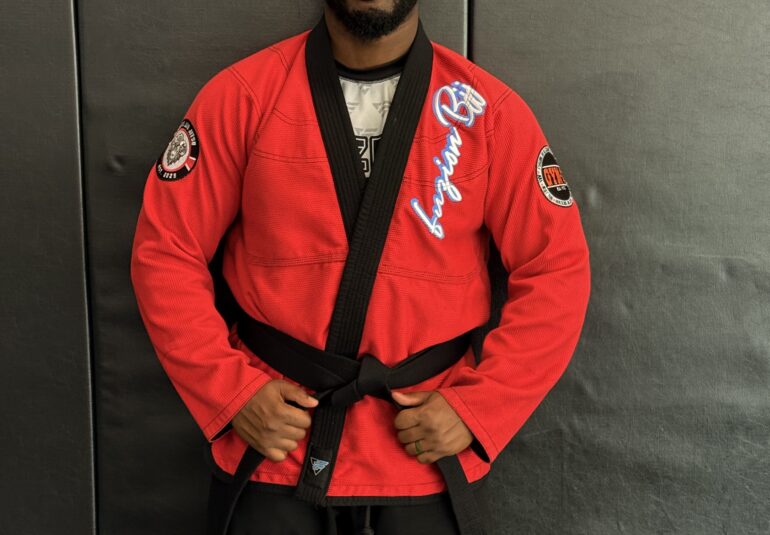
- 8
- 0
Martial arts is more than a physical discipline—it’s a balance of body, mind, and spirit. While hours of drilling techniques, sparring, and conditioning are essential, many practitioners overlook one of the most powerful tools for growth: meditation. Far from being just “sitting quietly,” meditation sharpens the mind, enhances focus, and creates a foundation for peak performance on the mats and in life.
Building Mental Clarity and Focus
In martial arts, the difference between success and failure often comes down to split-second decisions. Meditation trains the mind to focus deeply, filter out distractions, and remain present in the moment. This heightened awareness can make the difference when reading an opponent’s movements, anticipating strikes, or setting up submissions.
By practicing meditation regularly, martial artists develop the mental discipline to react with clarity instead of emotion—leading to smarter choices during training and competition.
Managing Stress and Pressure
Competition, grading tests, or even intense sparring can trigger nerves and anxiety. Meditation is a proven way to regulate stress by calming the nervous system and promoting mindful breathing. Instead of letting adrenaline cloud judgment, meditation teaches practitioners to stay grounded under pressure.
This stress control not only improves performance but also prevents burnout and keeps martial artists consistent in their training journey.
Enhancing Emotional Control
Martial arts isn’t just about fighting techniques—it’s about character. Meditation cultivates patience, humility, and self-control. By training the mind to let go of anger, frustration, or ego, practitioners bring more respect and calm into their practice.
This emotional stability translates directly to sparring. Instead of being overwhelmed by frustration or aggression, a calm mind adapts and responds fluidly—embodying the true martial way.
Strengthening Mind–Body Connection
Martial arts requires coordination, timing, and body awareness. Meditation enhances the connection between the mind and body by promoting mindfulness of posture, breathing, and movement.
Through techniques like breath meditation or body scans, martial artists become more attuned to subtle shifts in balance, energy, and flow—allowing them to refine their technique with precision.
Speeding Recovery and Preventing Injury
Training hard is important, but so is recovery. Meditation encourages relaxation, reduces cortisol (the stress hormone), and supports faster recovery after intense sessions. By incorporating meditation into their routine, martial artists create space for healing and balance, reducing the risk of overtraining and injury.
Developing Inner Strength
Ultimately, meditation builds resilience. Martial arts challenges practitioners physically and mentally, and meditation provides the tools to endure setbacks, overcome plateaus, and continue progressing. A calm, centered mind can endure where a restless one breaks.
How to Start Meditating for Martial Arts
-
Begin with 5 minutes a day: Focus on your breathing, count inhales and exhales, or simply sit quietly.
-
Use it before or after training: A short meditation session before class sharpens focus; afterward, it helps the body and mind reset.
-
Incorporate mindfulness into movement: Treat every strike, stance, or technique as a chance to practice being fully present.
Martial arts is not just about physical strength—it’s about harmony of mind and body. Meditation is the bridge that connects the two. By committing to regular meditation, martial artists gain sharper focus, greater emotional balance, and deeper self-awareness—qualities that elevate not only their performance on the mats but also their journey through life.


